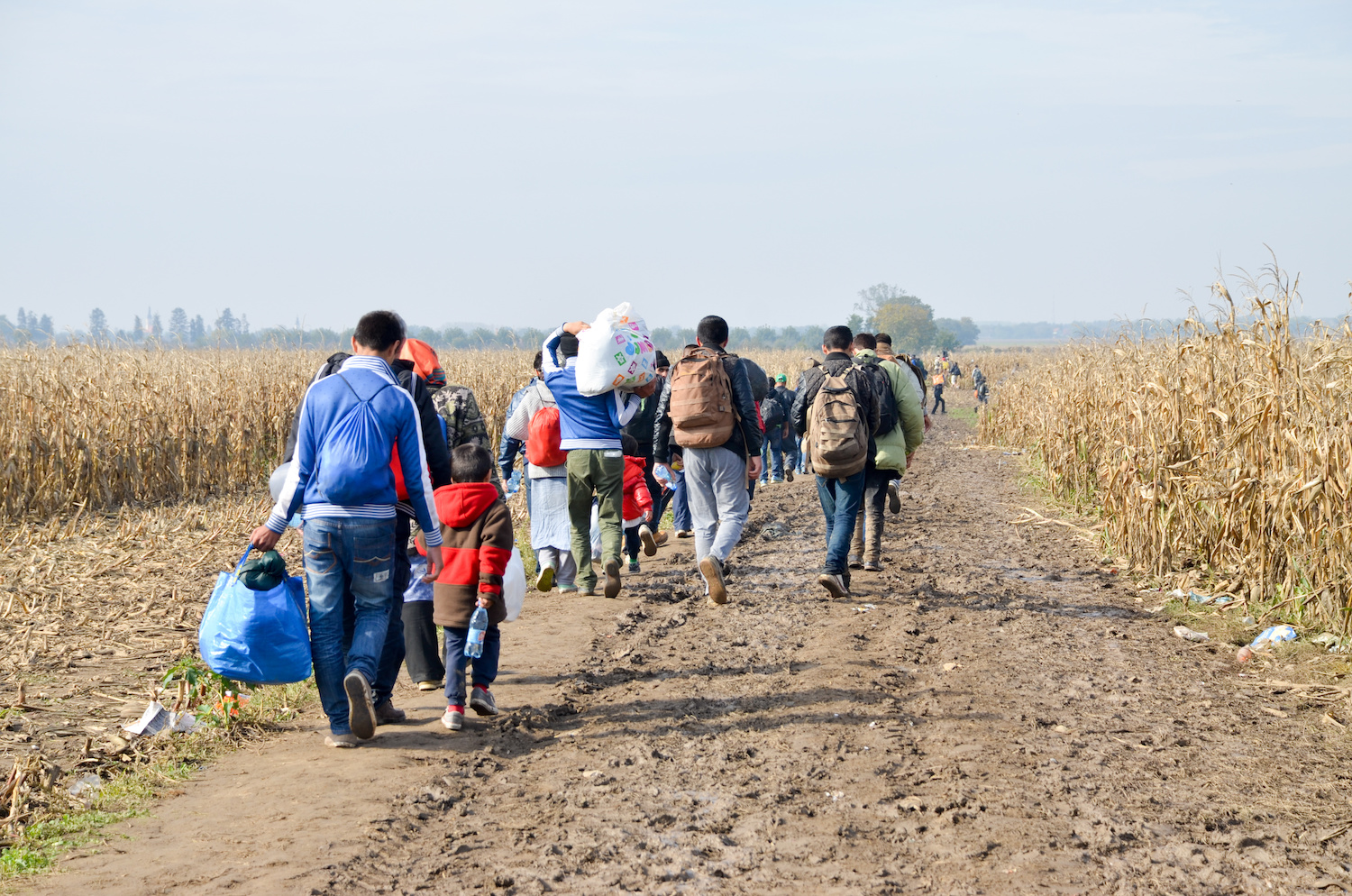Originally published November 11, 2008 on On a Ledge.
War, disease, economic devastation, and catastrophic geologic and climate events create refugees every day. According to the U.S. Committee for Refugees and Immigrants’ World Refugee Survey 2008, worldwide there are currently over 14 million. An additional 25 million people are displaced internally and so are not considered in refugee totals. In the Democratic Republic of Congo alone, the advances of Tutsi Rebels have displaced 200,000 people since August.
But those are just numbers. And they’re so big, it’s hard to understand what they even mean on a personal level, to the people who are refugees—and to the people who are not.
People Without a Place
To be a person without a place is to be
- a burden to someone else. As such, the refugee is unwanted.
- rootless. The refugee is bereft of the social support of community, job, home, friends, school, place of worship, connections. In short, all he or she has left might be a bundle of personal possessions, a few family members, and, if fortunate, daily access to food and water.
- on hold. Until the refugee again has a place in the world, he or she faces an immense challenge in raising a family, in making a meaningful contribution to society, in feeling worthwhile, and in establishing meaningful connections within a community.
- in a power imbalance. Other people wield control over the refugee’s life. The refugee cannot vote, cannot complain, cannot work to change his or her circumstances, cannot demand basic civil rights.
- in danger. Being a refugee means being subject to violence, to climate-caused hardship, to starvation, to illness, to rape, and to enslavement. In the three Somali refugee camps in northeast Kenya, the 100,000 refugees are subject to frequent attacks from bandits and militias. Their possessions are often stolen. The women are raped when they leave the camp to collect firewood or during bandit invasions. More than 300 rapes have been documented, 10 of them blamed on Kenyan police. In the Saharwi camps near Tindouf in the Algerian desert, where nearly 90,000 Saharwi have lived for 30 years, many refugees are enslaved, having become the property of other refugees in the camps. In August, Spanish police across the country freed 600 Russian sex slaves, economic refugees who had come to Spain for the promise of work picking strawberries. These are just a few examples of what a refugee faces.
Your New Neighbors
The United States has promised to admit 17,000 Iraqi refugees next year, up from 12,000 this year. (This figure pales in comparison to the burden shouldered by Syria, Jordan, and other neighboring countries of Iraq, which have taken in 1.5 million Iraqis.) The Center for Immigration Studies reports that 1.6 million legal and illegal immigrants, many of whom are economic refugees, settle in the United States each year. The Center predicts that if immigration continues at current levels, the nation’s population will increase by 167 million (56 percent) by 2060, with immigrants and their descendants accounting for 63 percent of the increase. But immigration will not continue at current levels. Instead, as a result of climate change, it will most certainly increase as increasing refugee populations look for places to relocate.
What does it mean to be the host country of refugees? First there is an economic burden, as health care, education, and social service resources are increasingly tapped. Second there is the burden of social unrest caused when large numbers of desperate people suddenly pour into an area and begin to consume already scant resources.
Planet of Refugees?
Climate change will bring refugee status and the burden of refugee hosting to people in all parts of the world. The UN has warned that the numbers of refugees are again on the rise, and that climate change is creating a new type of refugee. Antonio Guterres, the UN High Commissioner for Refugees explains: “Climate change is today one of the main drivers of forced displacement, both directly through impact on environment—not allowing people to live any more in the areas where they were traditionally living—and as a trigger of extreme poverty and conflict.” The Christian Aid Agency predicts that there will be a total of one billion people displaced by climate change by 2050.
Where are all the displaced people going to go? You can be sure that refugees are coming to your neighborhood, if you remain lucky enough to still have one. And the refugees will not just be human. We will be seeing refugees of every species in search of hospitable places on earth, looking for food, looking for water, looking for shelter.
If climate change remains unchecked, we are all in danger of becoming refugees from Planet Earth. Except there is no other place to go.

